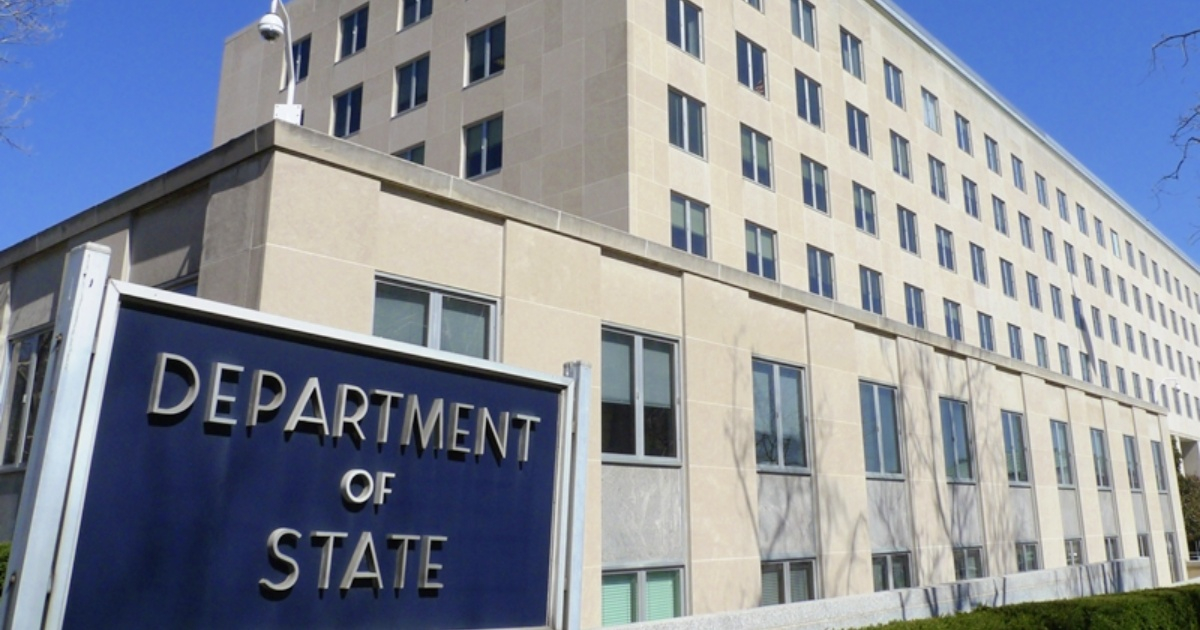
Kristina Rosales, spokesperson for the United States Department of State, assured that the Biden Administration It does not plan to remove Cuba from the list, nor take any action with a third country that contemplates that request, this in reference to the request of Colombian President Gustavo Petro before the UN in favor of the island.
"Cuba remains on the list, it is not leaving, we do not have any announcement or any information to say that we are going to remove the country from the list or take any action that contemplates another country, a third country, which in this case is what says President Petro. Cuba remains on the list” the spokesperson said in statements to the Colombian radio station Snail Radio.
“The United States has a serious evaluation process where the situation in the country is examined, Cuba is not going to be removed, and if there is a change it will be the United States that will make the announcement, but we do not communicate or indicate or inform a third country about what could possibly happen with a terrorist designation,” Rosales added.
In recent years, several leaders in the region related to the Cuban regime, such as the Mexican Andrés Manuel López Obrador, the Venezuelan Nicolás Maduro and more recently the Colombian Gustavo Petro, have asked the Biden government to exclude Cuba from the list of sponsors of terrorism.
Cuba was included for the first time on that list in 1982 and appeared until 2015, when President Barack Obama lifted the restriction. as part of the thaw policy towards the island.
The sanction implies severe financial limitations for the Cuban regime, as well as obstacles to operate banking transactions and obtain credit lines at a global level.
In recent months, diplomatic approaches through visits by high-level delegations to Havana, trips by Cuban government officials to the United States and meetings to establish common strategies on immigration and security issues, created the perception that a relaxation of the White House policy.
The procedure to lift sanctions on a country included in the list begins with a communication from the President to Congress, 45 days prior to the decision, which must be based on the behavior of the sanctioned nation and the commitment not to participate in terrorist activities. in the future.
In January of this year, the Biden administration The so-called Dialogue on Law Enforcement resumed in Havana with the Cuban government, frozen since 2018.
The signs about the possible departure of Cuba from the list that it shares with Iran, Syria and North Korea, also seemed to emerge after the efforts of Pope Francis and his special envoy to Havana, Cardinal Beniamino Stella, who asked the ruler Miguel Díaz-Canel the release of political prisoners, especially those involved in the 11J demonstrations.
At the end of February, the State Department published its Country Terrorism Report (CTR) for 2021, which was interpreted as a reminder from Washington in the case of Cuba.
In March, Secretary of State, Antony Blinken, already warned that did not plan to remove Cuba from the list of countries sponsoring terrorism, because it considers that it does not comply with the requirements demanded by the United States.
What do you think?
COMMENTFiled in: